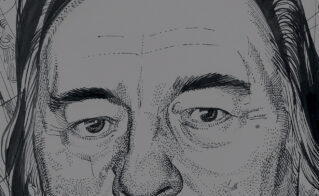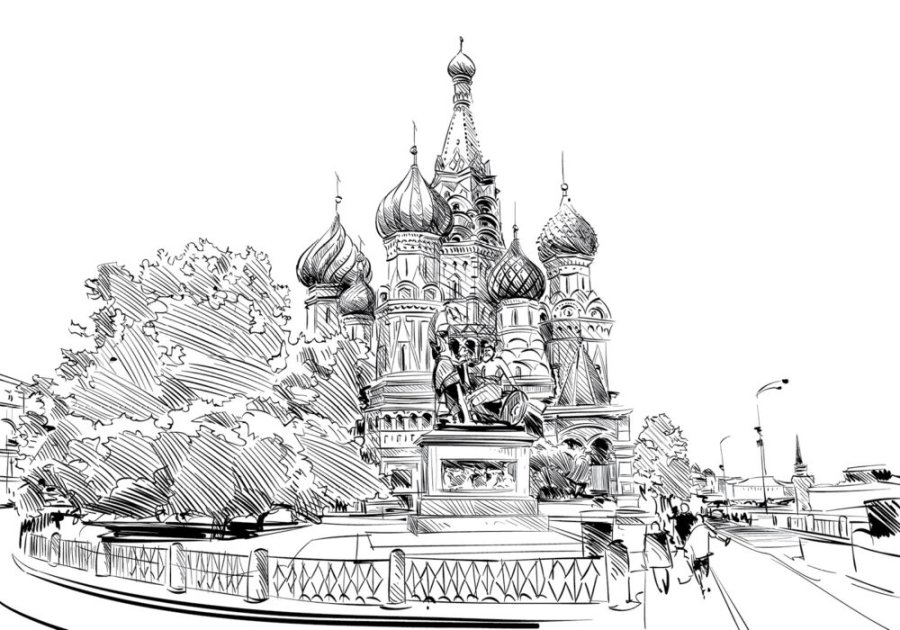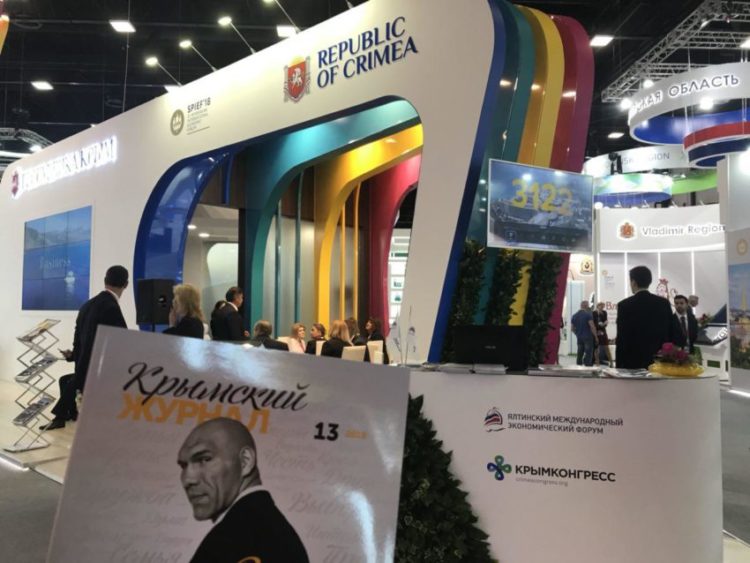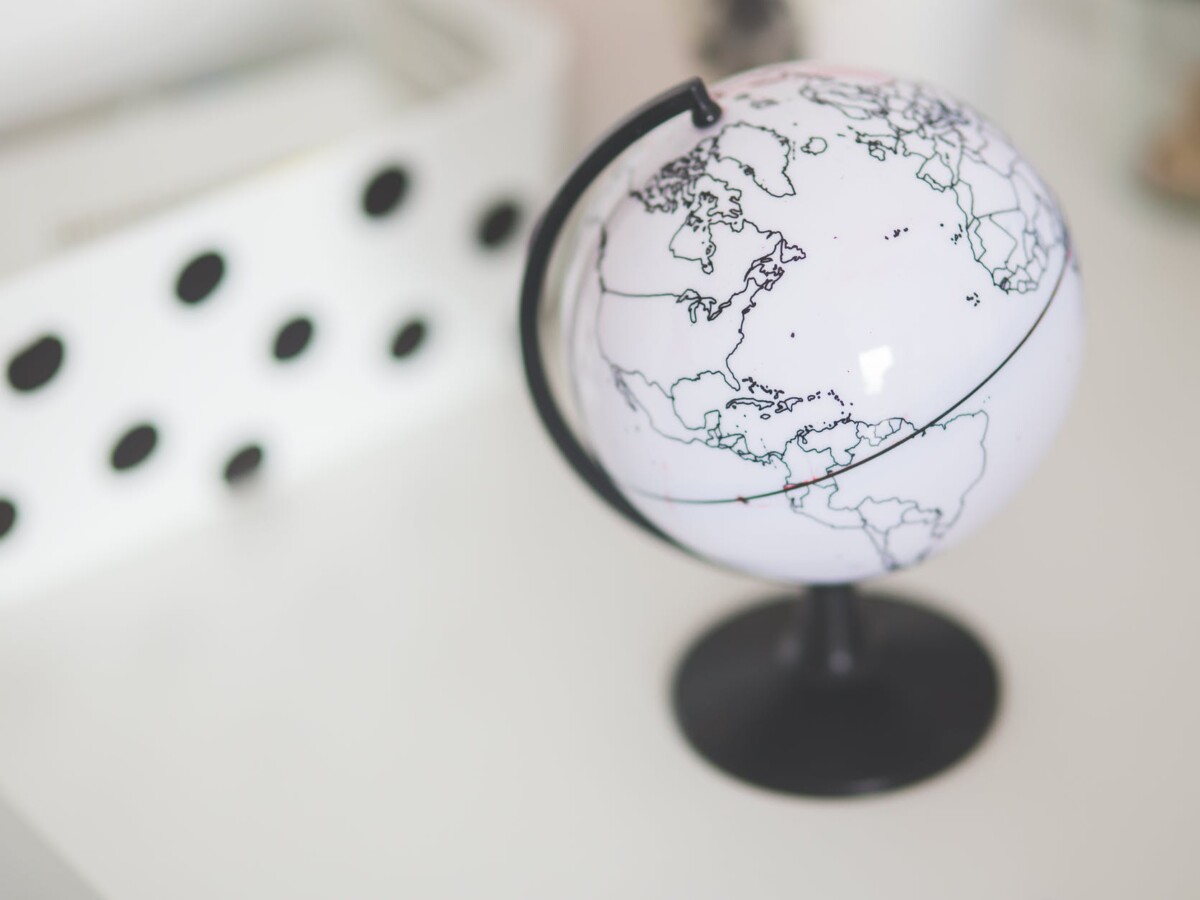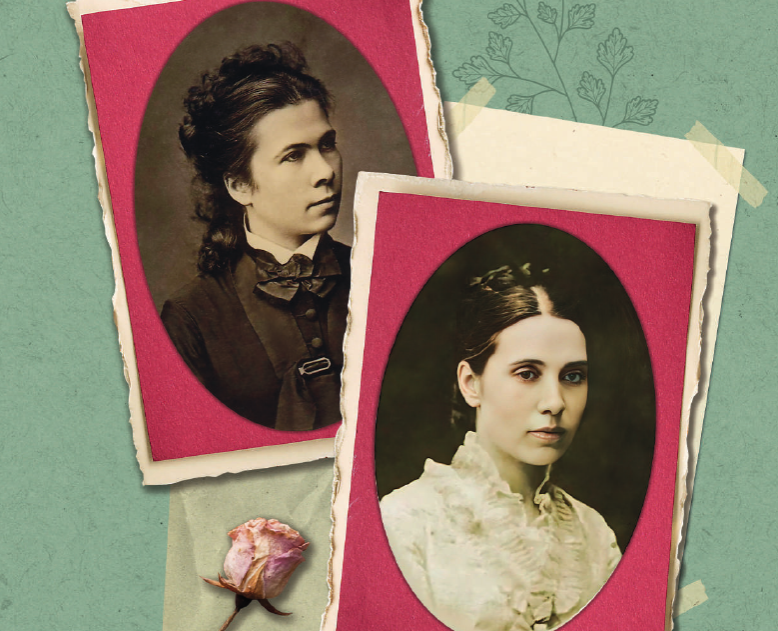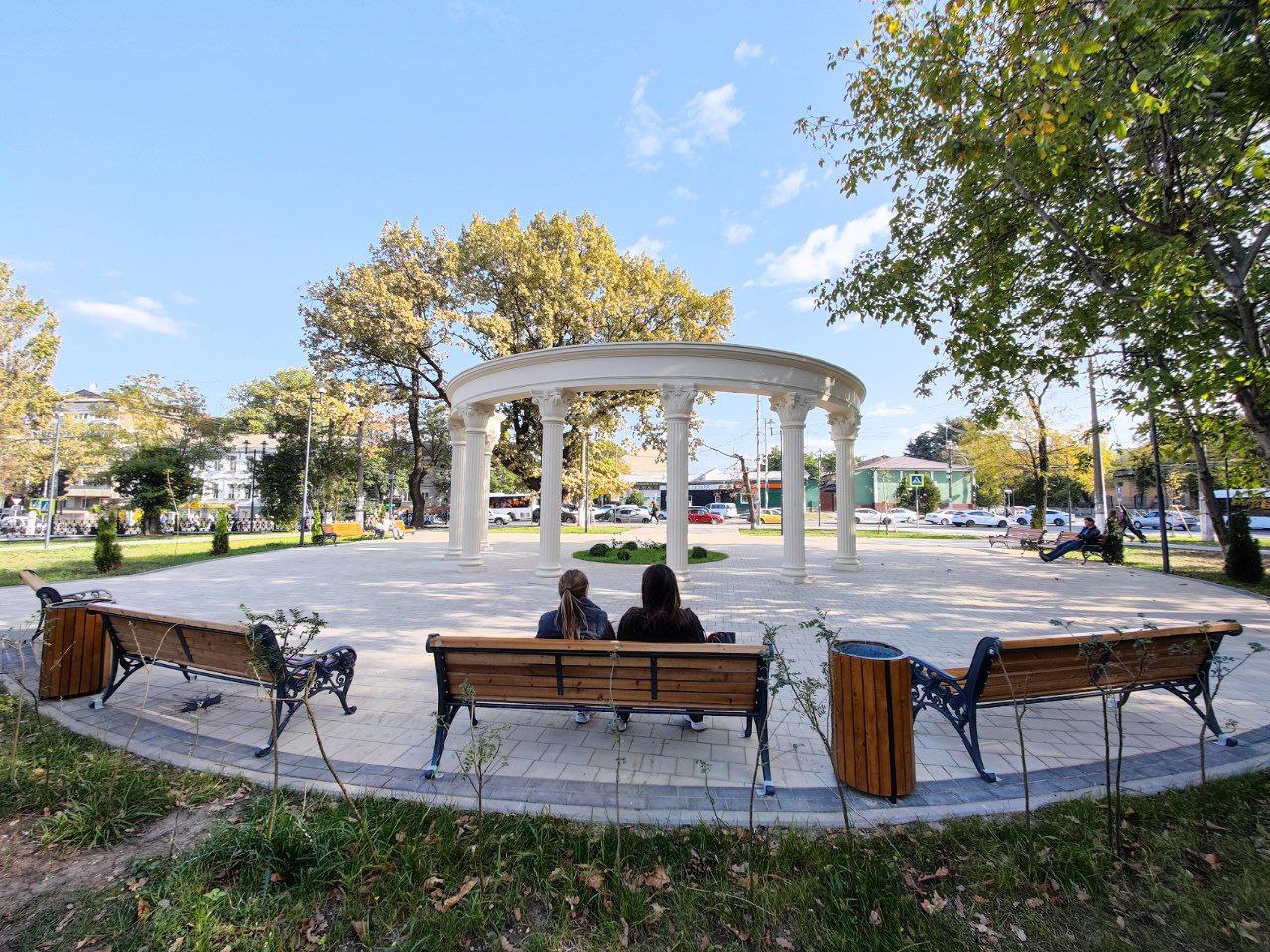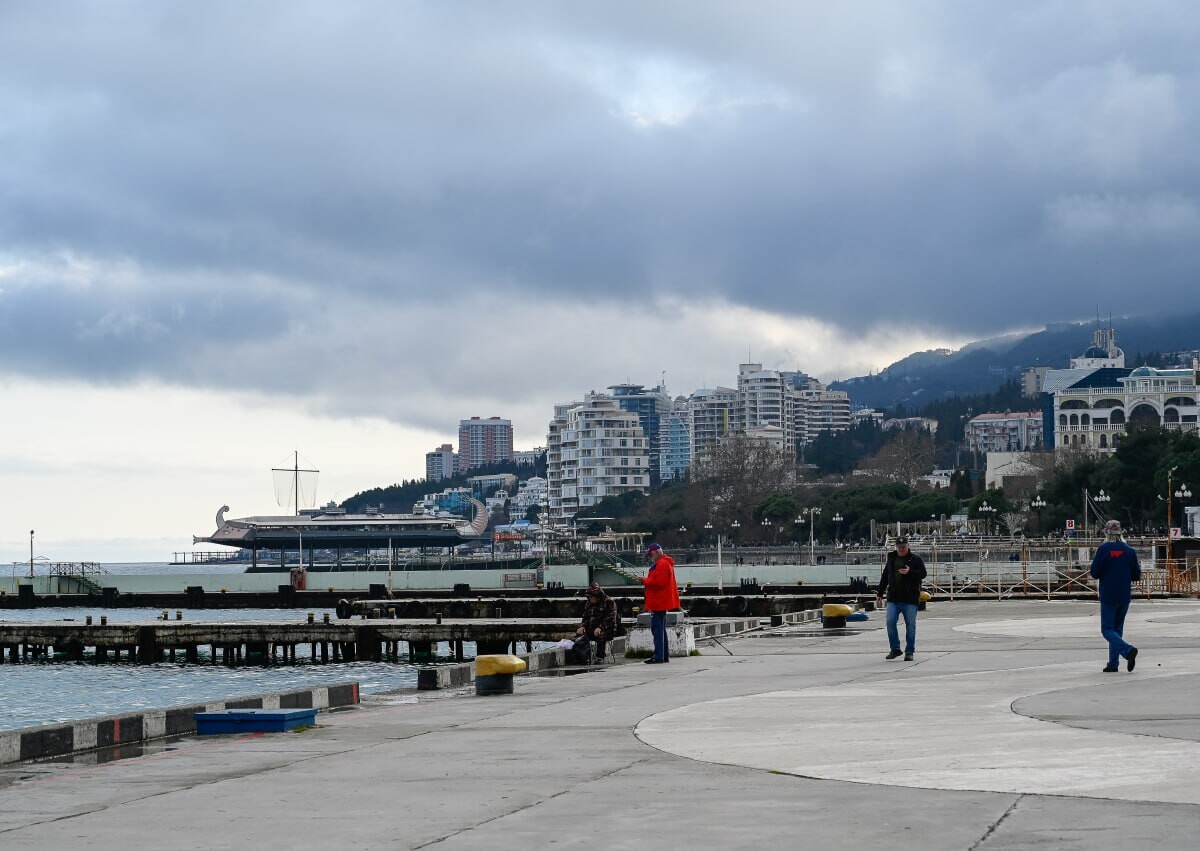Such people are usually called sense catchers. They have a deep understanding of things happening around us, they can predict the course of events and put across observations into bright literary images. Add the overall patriotism to these personal traits, what means these people perceive good things and failures of the country as the personal ones.
A conversation partner of the “Crimean Magazine” is a writer and journalist Alexander Prokhanov. In his exclusive interview to the “CM”, he described Crimea as a starting point of the imperial project of Russia, shared his opinion with our correspondents about strong intentions implying winning back the Crimean issue and how to resist these sentiments.
CM: You are working on a new novel, so what is it about?
As a rule, I don’t retell plots, as it impoverishes ideas. Currently, we live in hectic and electoral times in Russia. We are going through the neuralgia, all segments of the society are wound up, everybody puts forward their candidates and all dream of a particular rematch. Thus, a novelist is interested in such an atmosphere. It’s rather obvious, as new actors, intrigues, intricacies emerge around the ideas of a state and leadership. All these facts allow us to observe and I use these tools and add them to my plots. By the way, as all my publications, this novel is a response to actual challenges in the Russian society.
CM: Will you mention Crimea in the novel?
Strangely enough, I will not. Though, my book entitled “Crimea” was published a short time ago. There, the peninsula is presented as an object of understanding of a novelist in the historical context — whether the times of the Crimean War of 1853-1856 or whether the period of our reunification in 2014. We can say Crimea of the previous times and Crimea of the modern period is considered to be a symbol of absolute rebirth, absolute miracle and perfect happiness for the consciousness of Russian people. This happiness all Russian people have gone through both in Crimea and Russia. And the feeling of this happiness and this phenomenon called “Crimea” is described in my novel. A person is resurrected after coming through worries, perturbations, failures and spiritual death. Thanks to the fact Crimea entered his or her soul, this happens.
CM: Last year, you visited the peninsula and met with the local intellectuals and supreme leadership of Crimea. What ideas and projects did appear in your head after that trip?
I arrived in Crimea as a chairman of the Izborsk Club to establish a branch office of our organization in Simferopol. I wanted to create the environment, where ideological and worldview concepts would be developed that our country so urgently needed. We gathered out colleagues and set up the branch office. Conditionally, our conversations were devoted to the Crimean dream, Crimean ideal, Crimean image, which Crimea pursuits by all its history and cultural ambience, including humanitarian, political, military and religious elements. So, we proposed our friends Crimean intellectuals to handle this issue. Find out what the Crimean dream is and what aims the local community follows, considering such fascinating and tragic years at the same time for Crimea. Such intention led me to Crimea this time. However, I come to Crimea quite frequently.
CM: Have you decided who will be a supervisor of the Crimean branch office of your organization?
We are still looking for a leader, who will be able to gather intellectuals, such as historians, philosophers, military personnel and ethnographers around himself. Thus, we shouldn’t be hasty about it.
CM: Will the leadership of Crimea help you with the search?
Crimean leading officials visited our session — Sergey Aksyonov and Parliament leaders approved our activity. What do you mean by saying assisting us with the search? They can’t provide us with an ideologist. Seeking such people is our task. Ideology isn’t created within authority offices or political circles. It germinates on battlefields, during great reforms and in the bosom of the movements. But the ideology can be prepared by the intellectual environment before it will emerge.
CM: As far as Crimea becomes part of Russia increasingly robust, voices of critics of this step getting stronger too. It forms the basis for the conversations about a backbreaking burden for the economy, international costs and etc. How do you respond to such claims of your opponents?
I remember perfectly well the idea implying that the Union Republics were a drag to Russia. The idea that the Soviet Union was unsustainable, the idea to separate the republics from Russia and concentrate solely on Russia. The most important thing is that those ideas were supported by the born-again former Communist leaders.
And it finally happened: we got rid of the republics. We don’t have Ukraine, Belarus and wealthy Kazakhstan and actually we don’t have anything. Firstly, has the life improved in Russia? Or the current situation is that according to the official estimates we have got 20 million of beggars, though in fact the rates are much higher. So, after getting that huge “victory” when we freed ourselves of these republics, these “freeloaders”, then why have we become heavily impoverished? Secondly, have the people of those “outskirts” improved their living conditions, when they came off the “Russian imperial center”? They faced with the terrible degradation and it continues occurring, including bloody civil wars, which took place in Tajikistan or massacre happened in Kyrgyzstan or war burst out in Pridnestrovie. Georgia lost South Ossetia and Abkhazia. Did they begin to live better?
That’s why such claims are the result of working activity of the counter-governmental, counter-national and counter-imperial elite raised overseas. Ok, if we start thinking that way, so let’s give Crimea back, why the hell do we need it? Then we don’t need Siberia and we should refuse our sea shelves. All such style conversations are carried on within the pro-Western and pro-American satisfied and exquisite environment.
CM: What is the role of Crimea in these global policy processes?
Unfortunately, this topic isn’t discussed even by our rulers. Nowadays, a great geostrategic project is implemented. It means the expansion on the Arctic region which is connected with the hydrocarbon extraction and which is accomplished via the Northern Sea Route and security belt restored by us after its demolition in the 1990s.
And a more ambitious project is implemented in the South. We have returned Crimea and bays of Sevastopol back to us, we’ve returned the dying and vanishing Black Sea Fleet back to us. We saved it, modernize it and provide it with new naval ships. Thanks to that, we regained the control over the Black Sea, where our presence was reducing. This is the sea, where the NATO builds new Georgia, Bulgaria and Romania. Having come through the difficult diplomatic engagements with Turkey, we achieved the fragile partnership with Erdogan. Thereby, we gained the free traffic in the Turkish straits. Through these straits, we entered the Mediterranean Sea from the Black Sea. There, we deployed two military bases consisting of naval and air-force ones. It allows us to recover the Soviet experience of concentrating squadrons of ships of our fleets in the Mediterranean. In the other words, we can form the powerful military unit, which is able to compete with the U.S. Sixth Fleet.
Syria is one thing. But we have got issues on control over the communications, oil and gas flows. Namely, a grand project is implemented and Crimea is a part of this geostrategic goal.
So, those people telling us let’s leave Crimea then the sanctions against us will be cancelled and everything will be alright — in the first instance, they are raw material oligarchs and political scientists hired by the oligarchs. Of course, they suffer most of all from the sanctions. If we agree with this position, then we will abandon the huge security project of the country. Observing the state security is such a thing that is evaluated not only by money, though it’s a valuable thing. Therefore, states have to choose between comfort and safety very often.
The welfare of the country is not only the quality of the roads and labor productivity. It is also confirmed by the level of self-awareness and the ability to ensure the sovereign existence in the history. In this sense, all claims, which are made to us about Crimea, are insignificant.
Reference: Crimean Magazine

